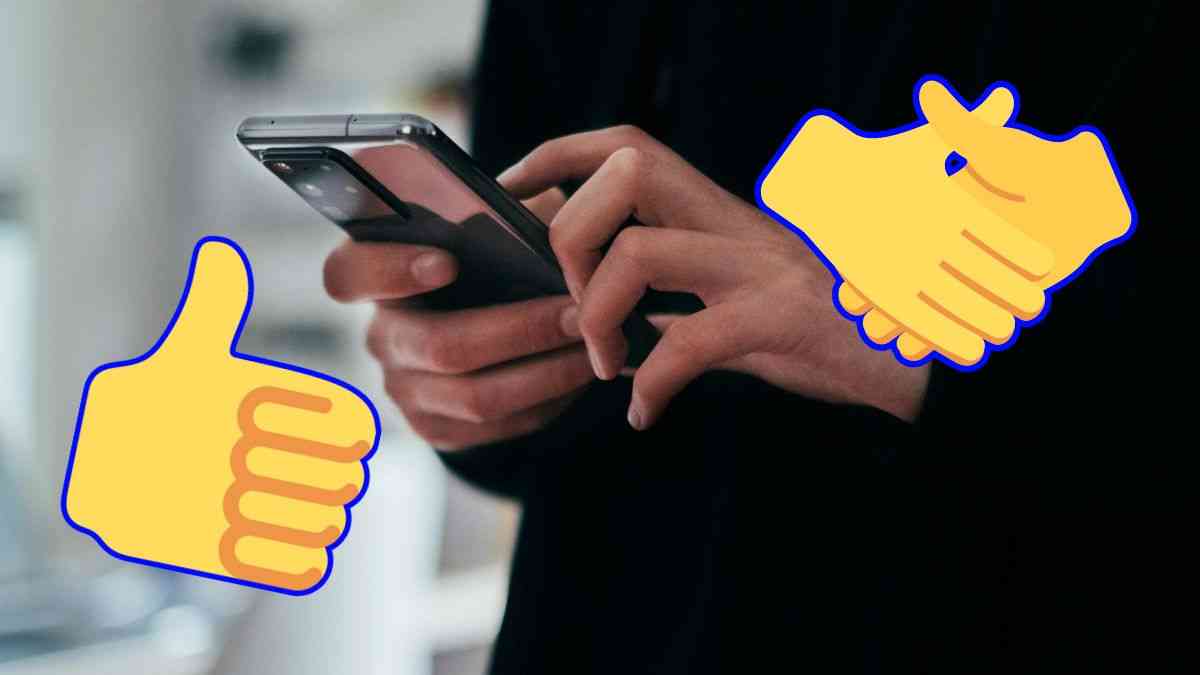Science
The More Absurd, the Greater the Belief: Where Conspiracy Theories Come From
08 January 2026

Do you know what your thumbs-up emoji really means? You may think it’s just a casual “OK” or “Got it.” But for a court, it can be the equivalent of signing a contract worth tens of thousands of dollars.
The internet has reshaped how we communicate. Emojis—small pictograms showing faces, gestures, animals, plants, or objects—have become a staple of online interaction since the early 2000s. In chats, where nonverbal cues are missing, they help convey tone and emotion. Emojis matter to us—and the law has started to take them seriously.
Professor Jennifer McKay from the University of South Australia, an expert in business law, points out that in recent years emojis have appeared in at least 240 legal cases in Australia alone. And it’s not just there. A Canadian case from 2023 made headlines worldwide.
In that case, businessman Kent Mickleborough contacted farmer Chris Achter to buy flax. Mickleborough sent a contract via message. Achter replied with a 👍 emoji. The deal never went through—Achter refused to sell at the proposed price.
You might like to read: Bet Everything to Show Off: The Dangers of Toxic Flaunting
Imagine Achter’s shock when he was sued for breaching the contract. Mickleborough argued that the thumbs-up served as a signature, citing past instances where such responses led to valid agreements. Achter countered that it was only a receipt confirmation, not acceptance of terms.
The court saw it differently. Achter was ordered to pay nearly $61,500. Judge Timothy Keene admitted that an emoji is an unusual form of agreement, but added that the court “cannot (and should not) try to stop the flow of technology and the widespread use of emojis.”
The case reached its conclusion in July 2025, when Canada’s Supreme Court dismissed Achter’s appeal. The ruling is now final.
Professor McKay notes another example: a four-year dispute between two British shipping companies over a failed oil tanker charter. While no contract was signed via emoji, WhatsApp messages with emoticons appeared in the evidence. The court ruled that such digital exchanges can carry as much legal weight as formal documents or emails.
Her advice: in business contexts, be careful with emojis. Don’t rely solely on them—write at least a few words (“I’ll confirm tomorrow,” “I’ll review the contract”). She warns against using the handshake emoji in particular. A thumbs-up may mean acknowledgment or agreement depending on context, but a handshake almost always signals acceptance of terms.
Read the original article: Odpowiedział kciukiem w górę. Ten błąd kosztował go 61 tys. dolarów
Science
08 January 2026



Zmień tryb na ciemny